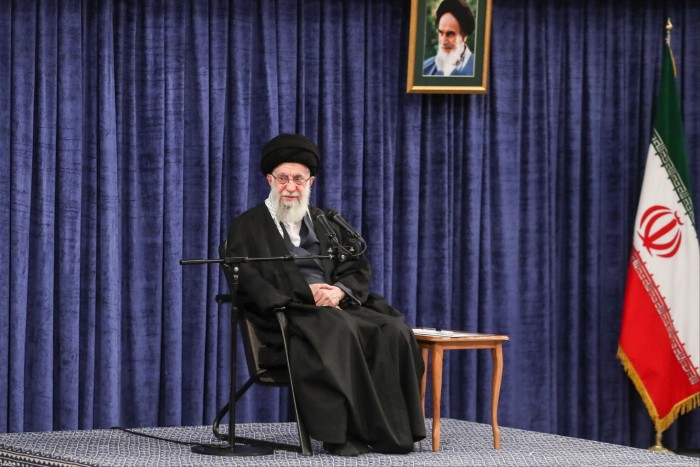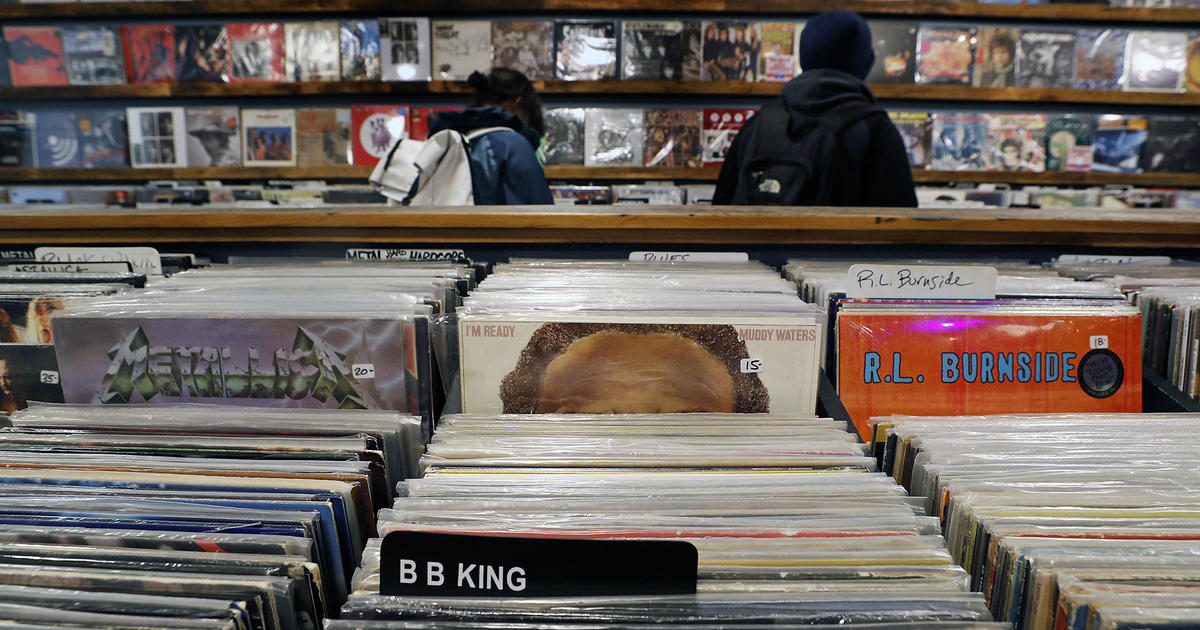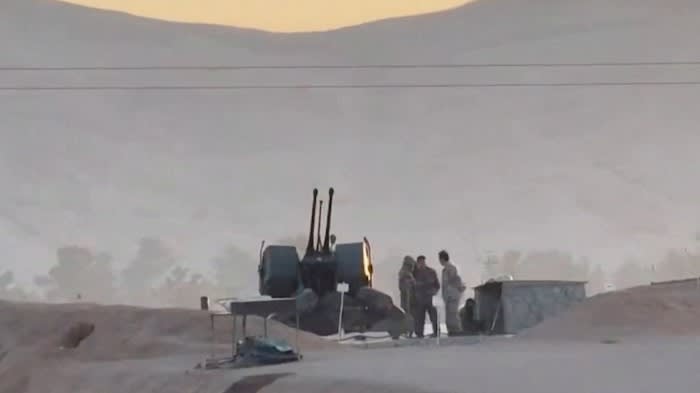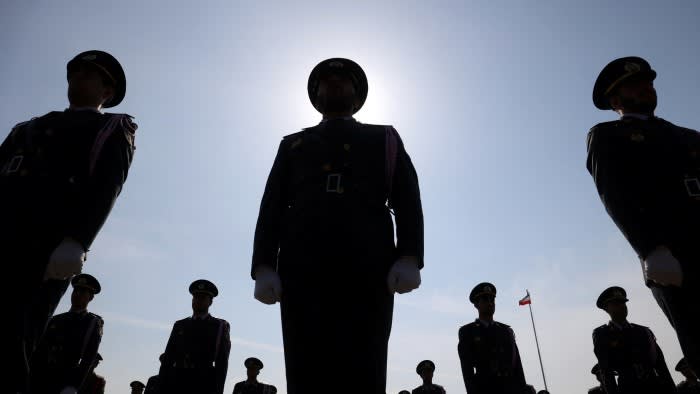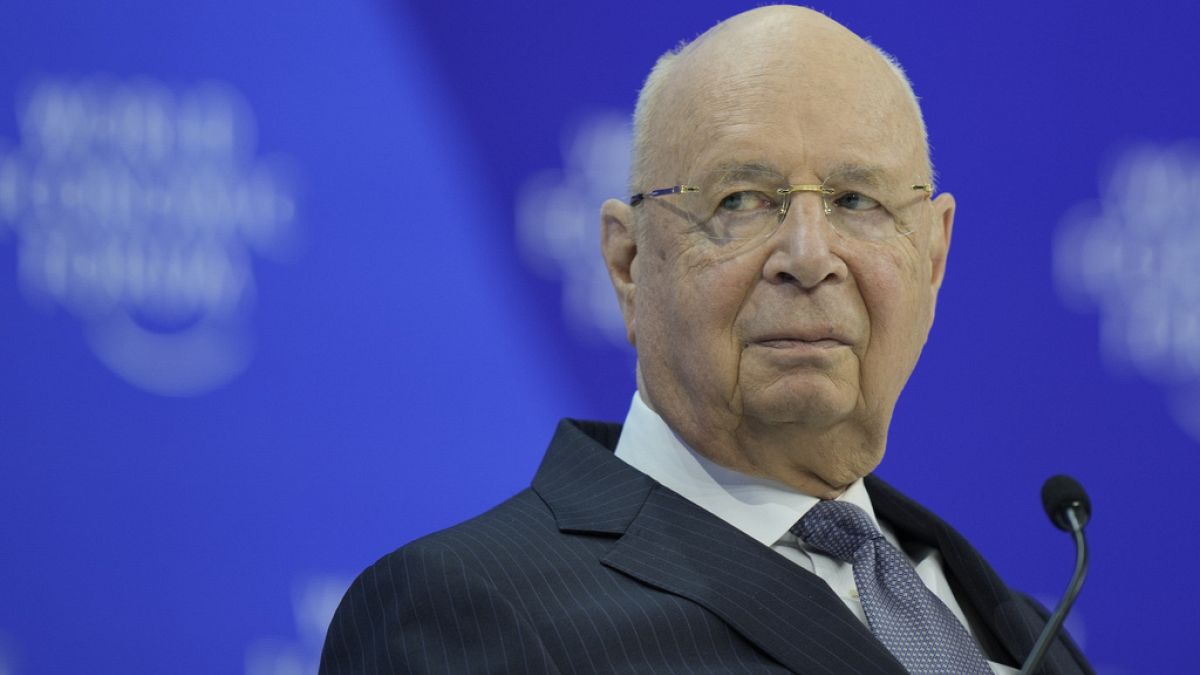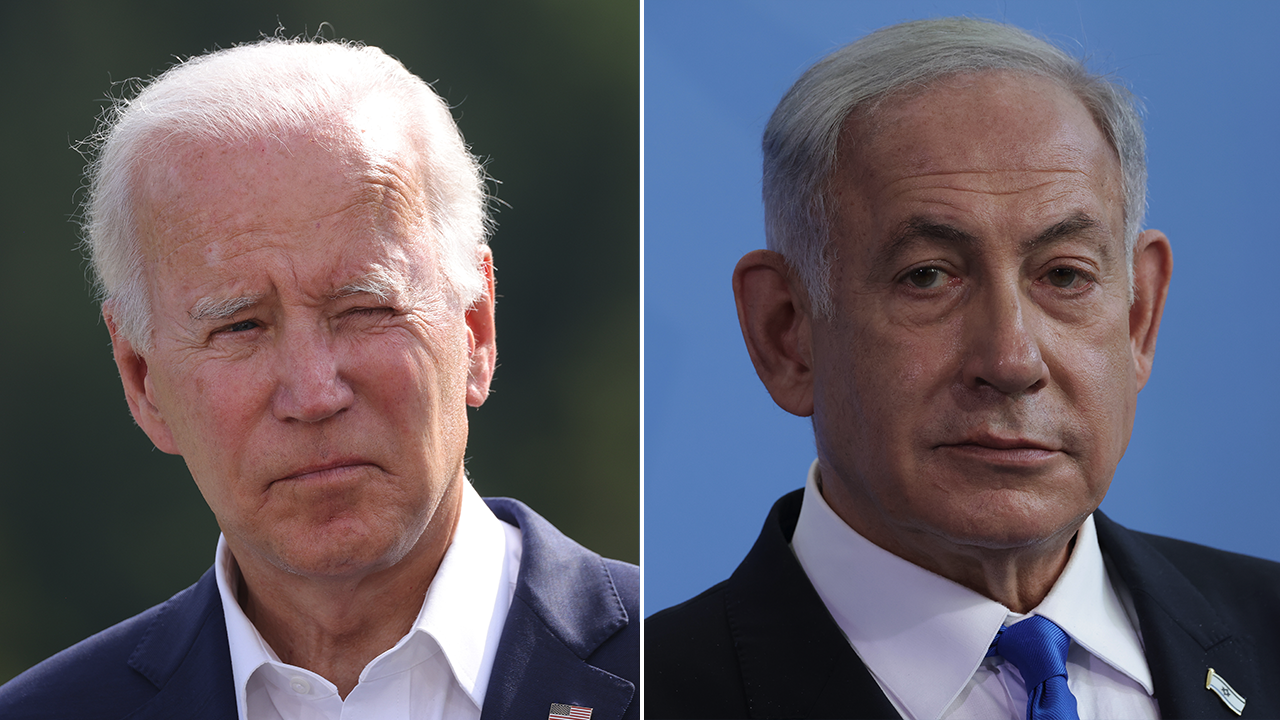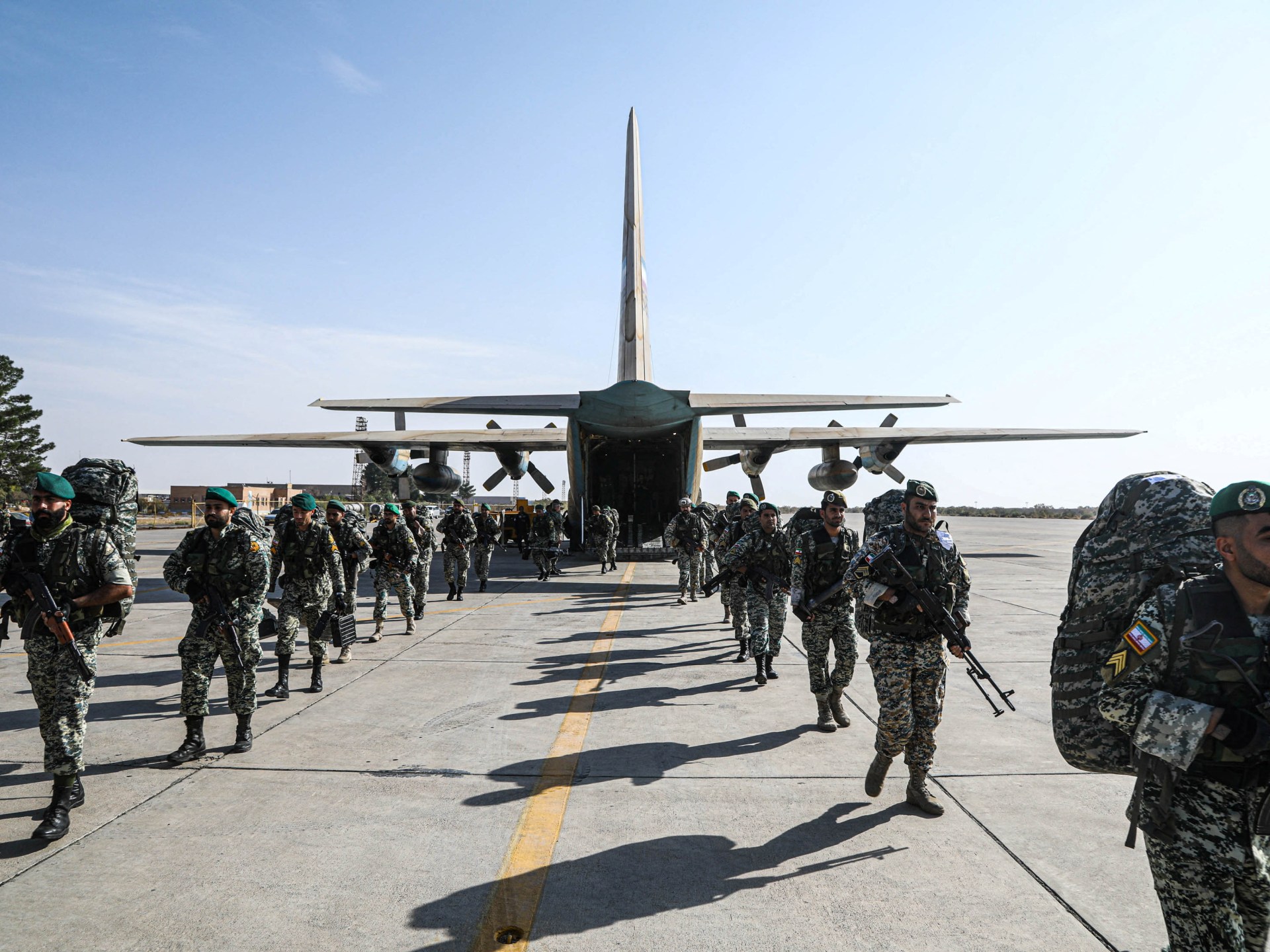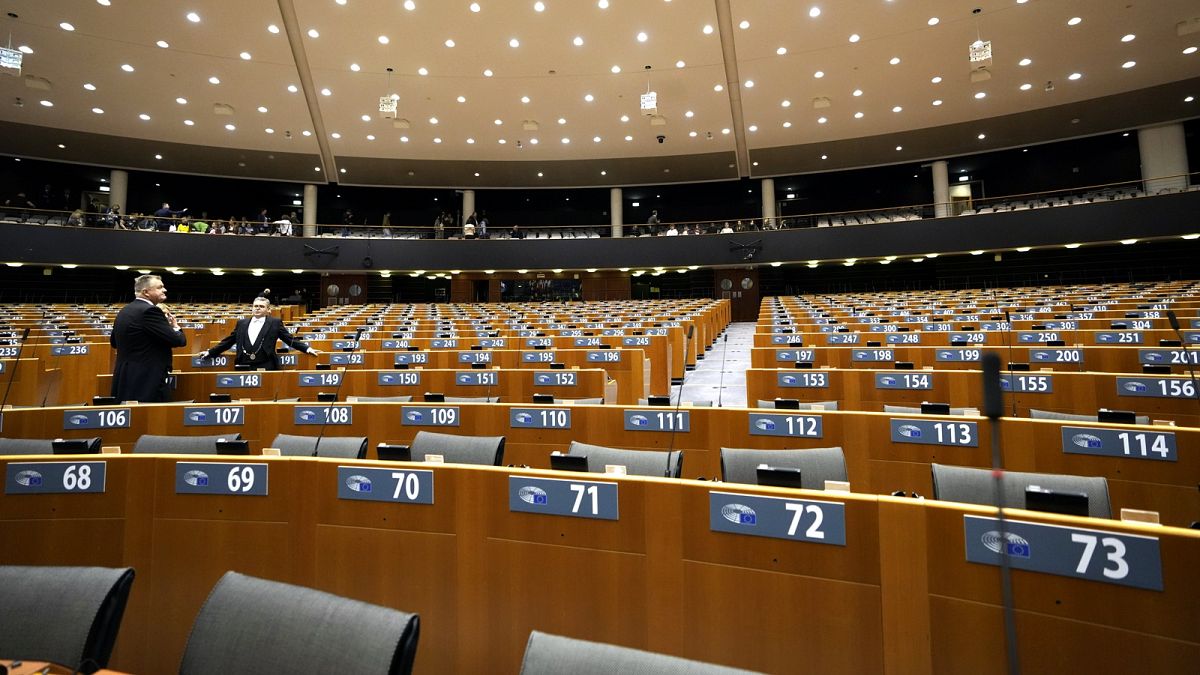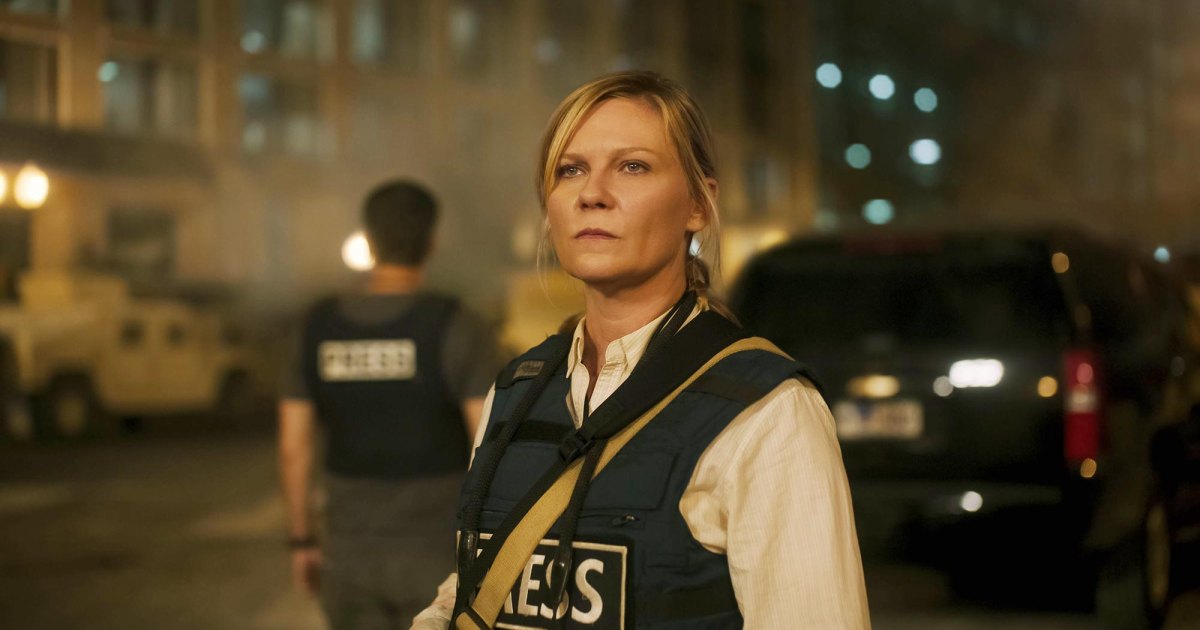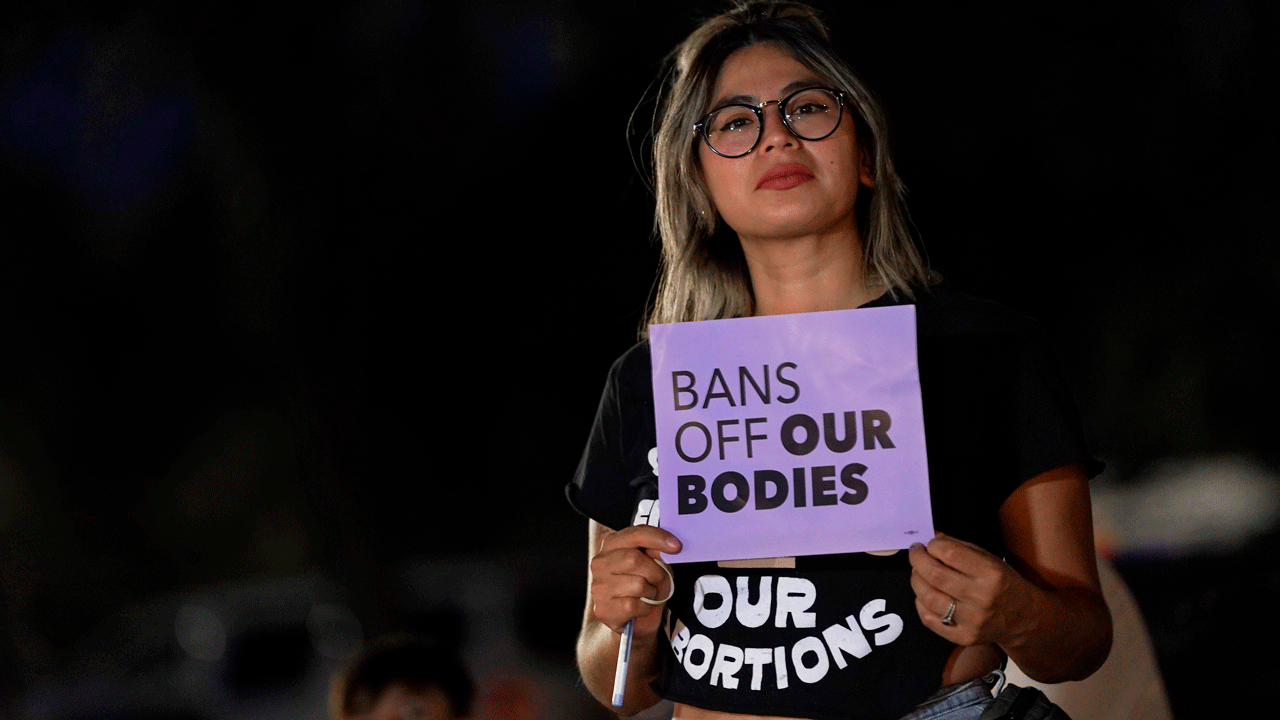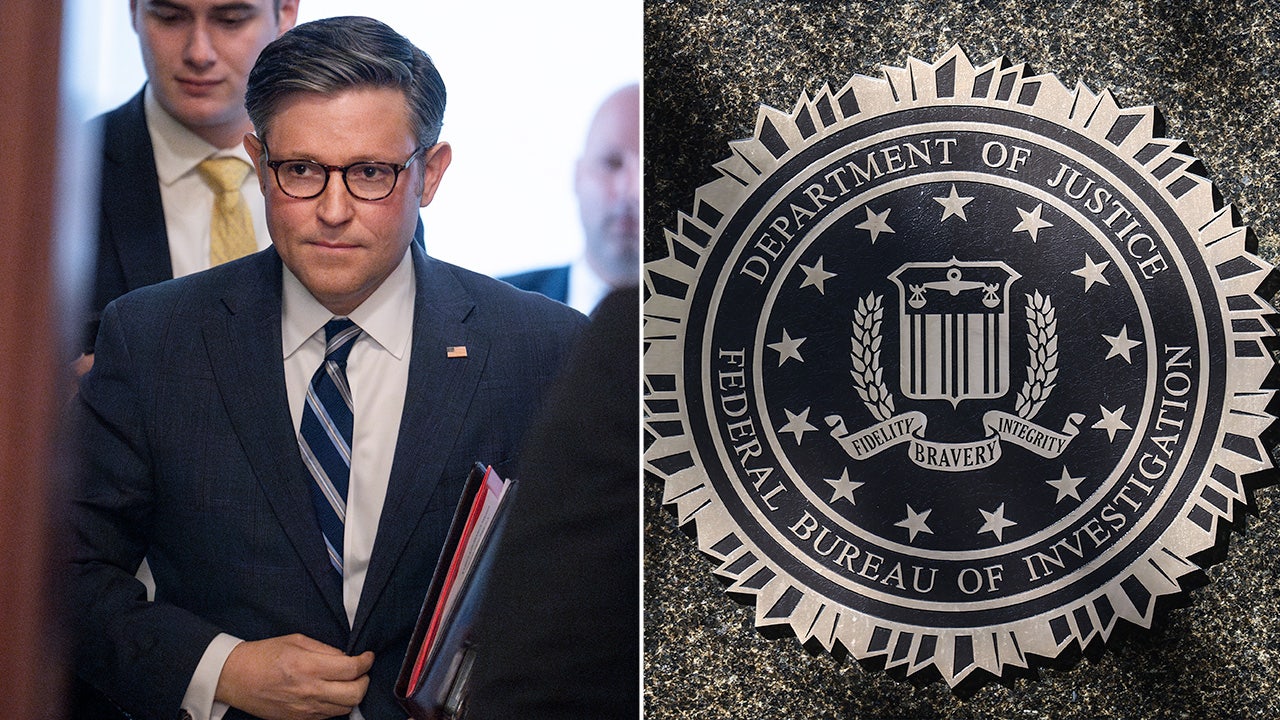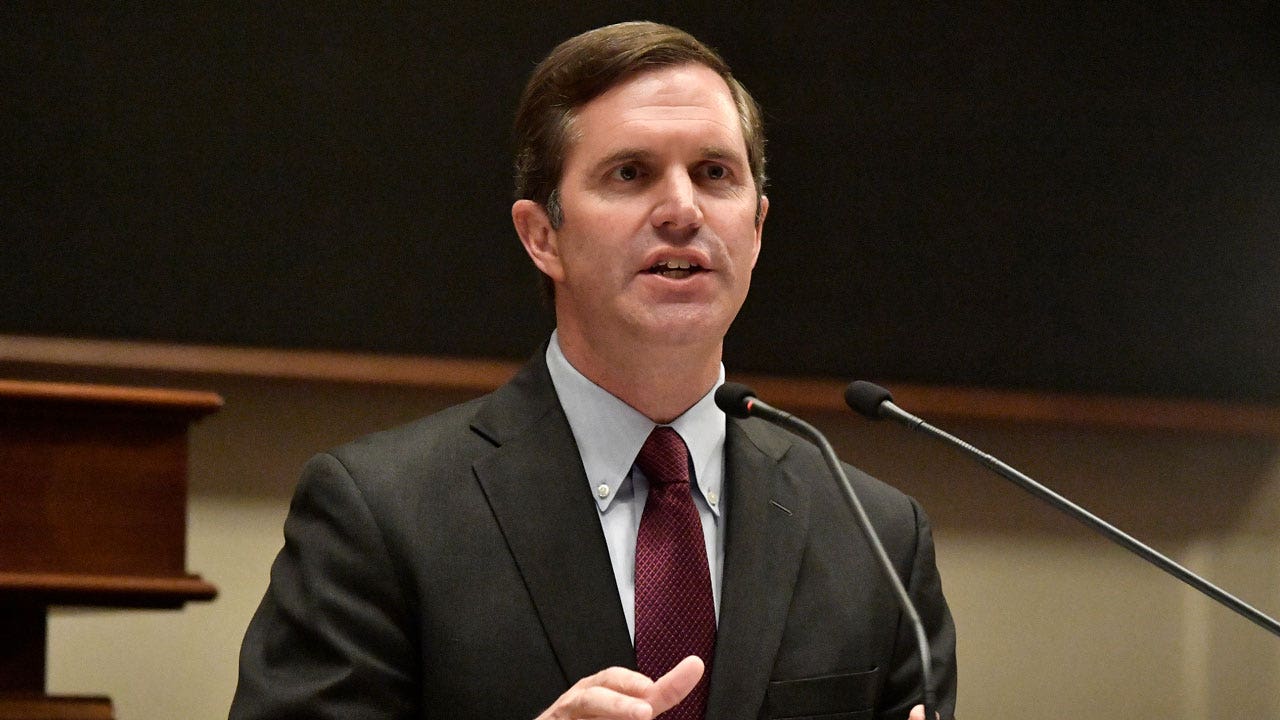Manhattan District Attorney Alvin Bragg speaks during a press conference following the arraignment of former U.S. President Donald Trump in New York City on April 4, 2023.
Jennah Moon/The Washington Post/Getty Images
hide caption
toggle caption
Jennah Moon/The Washington Post/Getty Images
Manhattan District Attorney Alvin Bragg speaks during a press conference following the arraignment of former U.S. President Donald Trump in New York City on April 4, 2023.
Jennah Moon/The Washington Post/Getty Images
Observers, friends and former colleagues view Alvin Bragg Jr., the Manhattan district attorney, as a smart, deliberate lawyer and a selfless public servant. And people who claim him as their friend say he’s a thoughtful one.
Those who spoke to NPR, who know Bragg well or watch him closely, say he is neither moved nor driven by politics. Bragg declined to speak for this story.
Attorney Anurima Bhargava has been friends with Bragg since they were undergrads at Harvard University, where Bragg also earned his law degree.
“One of the things that is so intensely remarkable,” she says, “is that he’s had friends, and colleagues, and people he grew up with, and he’s stayed close to all of us.”
Bhargava leads Anthem of Us, a consulting firm. She says Bragg finds ways to stay connected.
“This year, I had a movie premiere,” she says. “He was working, but he showed up in the back, and made sure I knew that he was in the room. And that’s the kind of stuff that, like, even if it’s for 10 minutes, it means something.”
Attorney Anurima Bhargava has been a friend of Manhattan District Attorney Alvin Bragg since they attended Harvard University in the 1990’s. She says his presence had always made her feel and supported.
José A. Alvarado Jr. for NPR
hide caption
toggle caption
José A. Alvarado Jr. for NPR
Attorney Anurima Bhargava has been a friend of Manhattan District Attorney Alvin Bragg since they attended Harvard University in the 1990’s. She says his presence had always made her feel and supported.
José A. Alvarado Jr. for NPR
Bragg was featured in Harvard’s student newspaper, The Crimson, in a 1995 article. He was described as “empathetic” and gregarious.”
“Alvin is always the person to go and start a conversation,” Bhargava says, and adds, he was at the center of difficult campus conversations, and someone who defied stereotypes as an actively listener, even with people he just met. Bhargava says whether at a committee meeting or a party, Bragg was a warm, welcoming presence.
“If Alvin was in the room, like, I always felt really safe and supported,” Bhargava says. “I felt like there was someone in the room who would always have my back.”
Alvin Bragg is now at the center of the first-ever criminal trial of a former American president.
The Manhattan district attorney now oversees a team of six prosecutors trying the case against Donald Trump. Trump is charged with 34 felony counts of falsifying business records in the first degree.
Last year, the former president was arraigned and pleaded not guilty to all charges. Bragg then held a news conference.
“Under New York State law, it is a felony to falsify business records with the intent to conceal another crime,” Bragg said. “That is exactly what this case is about.”
Jury selection is expected to be complete by the end of the week. Opening arguments could happen as early as Monday. Donald Trump faces a penalty of up to four years in prison.
The former president has claimed Bragg’s prosecution to be politically motivated. Trump’s defense attorneys have filed and failed to have the case delayed or dismissed. The presiding judge, Juan Merchan, has denied all those motions.
Some view the case as a distraction, compared to three other criminal cases pending against Trump, where prosecutors allege his actions present far more serious threats to democracy.
Terri Gerstein worked with Alvin Bragg in the New York Attorney General’s office. He is smart and a careful lawyer, she says. Gerstein is now a director at the Wagner Graduate School of Public Service at New York University.
José A. Alvarado Jr. for NPR
hide caption
toggle caption
José A. Alvarado Jr. for NPR
Terri Gerstein recalls Alvin Bragg as thoughtful and detail-oriented. “He’s one of the smartest people that I’ve known,” she says. “I know how careful he is as a lawyer.”
Bragg supervised Gerstein in the New York Attorney General’s office, where she was labor bureau chief.
“He would carefully read all of the pleadings or briefs or memos that we were writing. And look up the cases himself and, like, really, really delve into them,” she says.
Gerstein now is a director at the Wagner Graduate School of Public Service at NYU. She remembers working on a couple of wage theft cases where home care aides went unpaid, caring for older patients and people with disabilities.
“That case really touched a nerve with him,” she says. “That people would be doing this kind of work, and that someone would take advantage of them in that way.”
The employers pleaded guilty in both cases.
Before he was elected Manhattan district attorney, Bragg was steeped in prosecuting white collar crime and public corruption cases working for both the U.S. Attorney for the Southern District of New York (SDNY) and the New York Attorney General.
He grew up as a son of Harlem
Alvin Bragg Jr. attended Trinity, a private K-12 college prep school. He was nurtured in a storied section of Harlem called Strivers’ Row. His mother, Sadie, taught high school math and later was vice president at Borough of Manhattan Community College. His father, Alvin Sr., headed the local Urban League for several years. He retired as the city’s director of homeless shelters. Bragg’s parents wanted their only child to be open and experience all kinds of people.
Bragg worshiped at Abyssinian Baptist Church in Harlem as a child, and still does now with his wife and children. He teaches Sunday school there. In 2021, the late pastor Calvin Butts III introduced candidate Bragg during a Sunday service as “a son of Harlem.” Rev. Butts gave Bragg a few moments to make his pitch to potential voters.
“I had a gun pointed at me six times, three by the NYPD during lawless stops, and three by people who were not police officers,” Bragg told the congregation.
“After the first gunpoint stop by the NYPD, I saw our pastor, Reverend Butts, and he guided me through how to file a civilian complaint. That was the beginning of my advocacy.” He was a high school student at the time.
Bragg campaigned and won on his lived experience, and became the first black person elected Manhattan district attorney.
Jelani Cobb has covered Bragg as a staff writer for The New Yorker.
Jelani Cobb, a staff writer for The New Yorker, observes progressive district attorneys like Bragg must balance their ability to make reform in the system with the public’s perception of its safety.
David Buchan/Penske Mediaa/Getty Images
hide caption
toggle caption
David Buchan/Penske Mediaa/Getty Images
Jelani Cobb, a staff writer for The New Yorker, observes progressive district attorneys like Bragg must balance their ability to make reform in the system with the public’s perception of its safety.
David Buchan/Penske Mediaa/Getty Images
“Alvin Bragg is somebody who grew up in Harlem at the time that ‘stop and frisk’ was just a part of life,” Cobb says. “The Central Park Five are now kind of a stand-in for that whole era of policing.”
“And so, it means a lot,” says Cobb, who is also dean at Columbia University’s Journalism School. “That there’s somebody who has experienced both sides of the ledger, serving as a prosecutor, but also witnessing some of the areas in which the system has gone wrong.”
Bragg seeks to strike a balance between public safety and reform
D.A. Bragg declared prosecuting violent crime his top priority. He has also advocated for alternatives to jail when appropriate, and dropped prosecutions for low-level offenses.
Tina Luongo says Bragg has put people in high places of his administration who “think outside the box” in terms of reform. Tina Luongo heads criminal defense practice for the Legal Aid Society, the city’s primary source for public defenders. They were familiar with Bragg for many years and aware of his reform efforts when he worked in the New York Attorney General’s office.
Bragg is different from his predecessors, Luongo says.
Legal Aid Chief Attorney Tina Luongo says Alvin Bragg is an attentive listener. “He may or may not agree with my position, but he hears me out,” she says. She is shown speaking at a rally to protest the 17th death on Rikers Island at City Hall in New York City in 2022.
Michael M. Santiago/Getty Images
hide caption
toggle caption
Michael M. Santiago/Getty Images
Legal Aid Chief Attorney Tina Luongo says Alvin Bragg is an attentive listener. “He may or may not agree with my position, but he hears me out,” she says. She is shown speaking at a rally to protest the 17th death on Rikers Island at City Hall in New York City in 2022.
Michael M. Santiago/Getty Images
“I do believe that if I pick up a phone and I call Alvin and I complain about something, he’s listening,” Loungo says. “And he may or may not agree with my position, but he hears me out.”
Some of Bragg’s reforms, intended to reduce recidivism, draw criticism from conservative media who accuse Bragg of being “soft on crime.”
Jelani Cobb says Bragg works in a dynamic space where challenging the status quo on law and order issues can be tricky.
“For progressive prosecutors in general, I would say him included, their ability to make reform in the system is always counterbalanced by the public’s perception of its safety,” says Cobb.
A call for new ideas invites critics
Former prosecutor Karen Friedman Agnifilo was second in command to Cy Vance, the last Manhattan district attorney. “It really is a time in our history for a person of color to be the district attorney,” she says. Friedman says she decided not to run for the office after Vance declined a fourth bid.
She says “fresh, new ideas” are needed to solve recidivism, because “the old ways” or patterns of prosecution and incarceration are not working.
“I’ve never worked with him, but he’s doing a really good job,” she says.
Karen Friedman Agnifilo was former Chief Assistant District Attorney for Manhattan District Attorney Cy Vance. Every new district attorney has missteps in the beginning, she says.
José A. Alvarado Jr. for NPR
hide caption
toggle caption
José A. Alvarado Jr. for NPR
Karen Friedman Agnifilo was former Chief Assistant District Attorney for Manhattan District Attorney Cy Vance. Every new district attorney has missteps in the beginning, she says.
José A. Alvarado Jr. for NPR
Bragg stumbled early on with the release of the Day One Memo, a document that outlined policy shifts for bail and sentencing, among other changes. It was sent office-wide via email, without any discussion.
“It didn’t go well at all,” says Catherine Christian, a veteran Assistant District Attorney who worked for three decades in the office before becoming a law partner in private practice.
Catherine Christian, a former assistant district attorney in the Manhattan District Attorney’s office and currently in private practice, believes Alvin Bragg is someone who learns from his mistakes.
José A. Alvarado Jr. for NPR
hide caption
toggle caption
José A. Alvarado Jr. for NPR
Catherine Christian, a former assistant district attorney in the Manhattan District Attorney’s office and currently in private practice, believes Alvin Bragg is someone who learns from his mistakes.
José A. Alvarado Jr. for NPR
Christian, who left seven months into Bragg’s term, says he recovered after a long period of chaos and found his footing after about a year. “I think he’s someone who’s willing to learn, and learns from mistakes. And listens,” she says.
Only a few weeks in office, Bragg had another set of challenges.
Bragg reportedly questioned the lead prosecutors, Mark Pomerantz and Carey Dunne, in several meetings. He’d stopped their team from presenting evidence against Donald Trump to a grand jury in a criminal probe into Trump’s involvement in fraud for overvaluing his assets. (New York Attorney General Letitia James later successfully pursued a civil lawsuit against the Trump Organization, largely along the same lines of evidence pursued by Mark Pomerantz, and it resulted in a $454 million penalty against Trump.)
Bragg had doubts about moving forward, and both Pomerantz and Dunne resigned in protest a month later. In March 2023, Bragg empaneled a new grand jury that voted to indict Trump.
“I know that there were a few missteps in the beginning, and growing pains,” Karen Friedman Agnifilo says. “But I think he’s maturing really nicely.”
The Manhattan District Attorney’s office is staffed by more than 1,500 people. The work ranges from prosecuting white collar crime to human trafficking to street crime to addressing needs of survivors, exonerating wrongful convictions police misconduct, and returning of stolen antiquities.
In January 2023, a New York state court ordered the Trump Organization to pay fines totaling 1.6 million in a tax fraud case. D.A. Bragg’s office successfully won that prosecution.
Bragg may be seen as maturing in his job, but he continues to be tested by cases and critics. Earlier this year, several migrants allegedly attacked police officers in Times Square. At the hearing, prosecutors did not request bail, due to a lack of evidence at the time. The suspected attackers were set free, and Bragg took heat for his handling of the case from politicians and others.
“Why are these four individuals released on their own recognizance?” Patrick Hendry asked during a news conference. Hendry is president of the Police Benevolent Association (PBA), the city’s largest police union. “Why aren’t they in jail right now?”
Prosecutors did a thorough investigation. Bragg defended his office.
“We do not tolerate people assaulting police officers,” Bragg told the press. “But in a court of law, our profound obligation is to make sure we have the right people charged with the right crimes.”
Prosecutors filed charges after many days and several suspects were held for trial.
“You’re not allowed to talk about details and facts,” says Karen Friedman Agnifilo. Bragg, like all district attorneys, is confronted by cases where he can’t share information with the public, or respond to critics the way politicians do.
“You’re an officer of the court and the highest law enforcement official, first and foremost,” Agnifilo Friedman says, “and you’re a politician second.”
The unprecedented trial of Donald Trump is a case that Alvin Bragg Jr. doubted, delayed and later revived. Now underway, it will put the Manhattan district attorney to the test.
